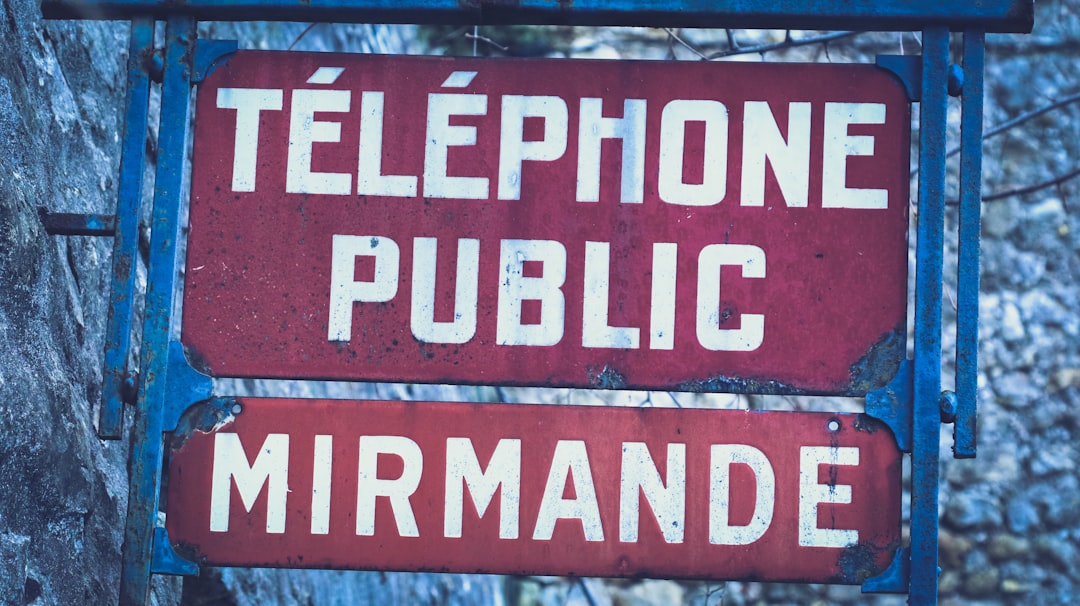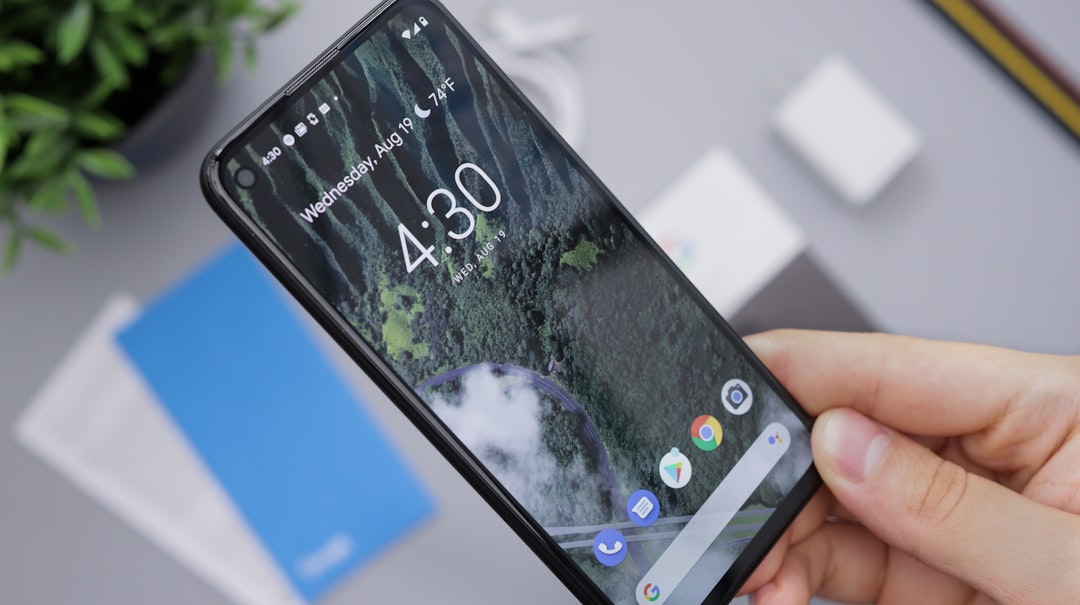In the digital age, robocalls are a prevalent issue, with some being legitimate and others illegal and intrusive. Virginia law offers protection through reporting mechanisms to authorities like the FTC and state attorney general's office. The process involves identifying the caller, reporting it to relevant bodies, and consulting an Unwanted Call Lawyer in Virginia for guidance on rights and options. Reporting ensures accountability and can lead to compensation for victims if violators are found.
Tired of unwanted calls from robocallers? You’re not alone. In Virginia, understanding your rights and knowing how to report these automated phone scams is crucial. This guide provides a step-by-step process for reporting robocalls, detailing legal implications unique to Virginia. Learn what actions you can take after reporting, including protecting yourself from future calls. If you’ve experienced an unwanted call, consult with a lawyer in Virginia for expert advice tailored to your situation.
Understanding Robocalls and Their Legal Implications in Virginia

Robocalls, or automated phone calls, have become a pervasive issue in modern communication. While many are promotional in nature and welcomed by some, others can be intrusive and illegal, especially when they constitute solicitation or harassment. In Virginia, as in many states, robocalls are regulated to protect consumers from unwanted or deceptive calls. If you’ve received an unauthorized or harmful automated call, understanding your rights is crucial.
Virginia law permits residents to report suspected robocallers to the Federal Trade Commission (FTC) and state attorney general’s office. An Unwanted Call Lawyer in Virginia can guide individuals on the legal implications of such calls and help them navigate reporting processes effectively. They ensure that consumers’ rights are protected and take appropriate action against violators, fostering a safer and more transparent communication environment.
Step-by-Step Guide to Reporting a Robocaller

Reporting an unwanted call from a robocaller in Virginia is a crucial step to protect yourself and help regulate telemarketing practices. Here’s a step-by-step guide on how to do it effectively. First, identify the caller. Note down their phone number and any other information you can gather, such as the company or organization they claim to represent. Next, contact your state’s public utility commission or attorney general’s office. These entities often have specific forms or processes for reporting robocalls. Provide them with all the details gathered about the caller, including dates and times of the calls, and any recordings you might have.
Additionally, consider consulting an unwanted call lawyer in Virginia to understand your legal rights and options. They can guide you through the reporting process and help take further action if necessary. Many states, including Virginia, allow individuals to report robocalls to federal agencies like the Federal Trade Commission (FTC). Doing so can aid in tracking and penalizing these callers, thereby reducing future nuisance calls. Always keep records of all interactions and reports for your own reference and to assist authorities in their investigations.
Post-Reporting Actions: What Happens Next and Your Rights as a Virginia Resident

After reporting a robocaller, it’s important to understand what happens next and your rights as a Virginia resident. Upon receipt of your complaint, the Federal Trade Commission (FTC) or relevant authorities will investigate the case. They may reach out for additional information or take direct action against the violator. Your report contributes to their efforts to curb robocallers and protect consumers.
As a Virginia resident, you have specific rights under state and federal laws. These include the right to be free from unwanted phone calls and the ability to request that your contact information be removed from caller lists. If the robocaller is found to be in violation, an attorney specializing in unwanted call cases can help you seek compensation for any harm or inconvenience caused.






